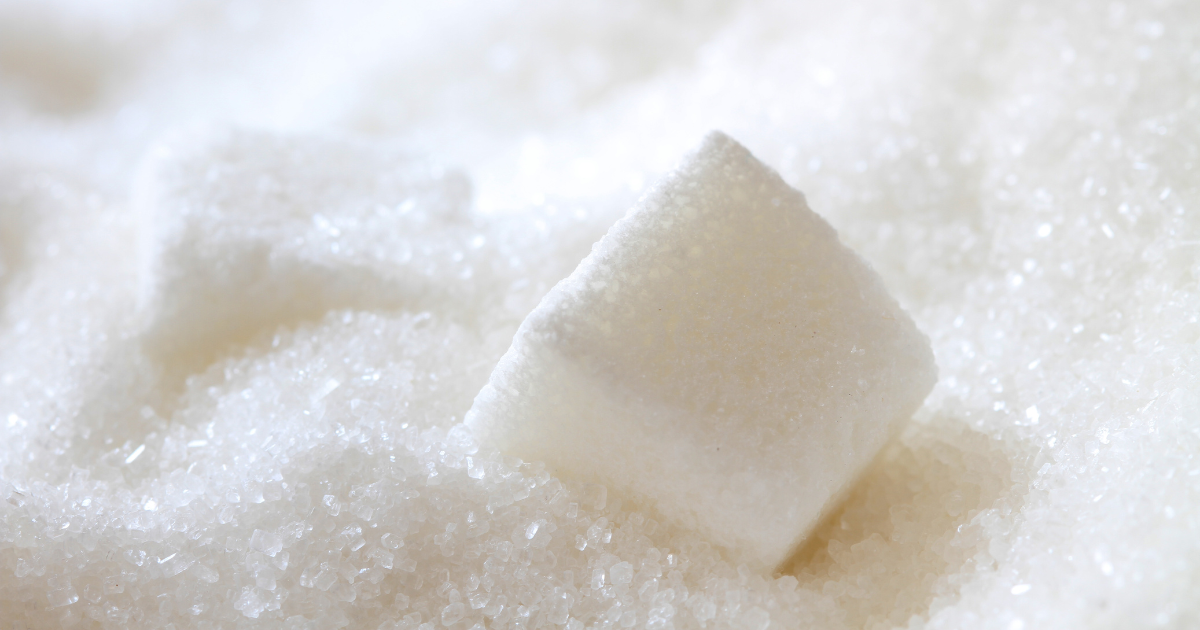Written by Chelsea DeColle, CNP
Eating more plants is the way of life more people are choosing as they learn about the benefits of becoming more plant-based (or fully plant-based). BUT despite the amount of info online regarding plant-based diets, people are still asking questions about plant-based eating and strength training/muscle building. Can you remain strong and build strength/muscle while eating mostly plants and still meet your needs equally to consuming animal products? The answer is a resounding YES!
The misconception that eating plant-based is inferior to consuming animal products for strength training is being broken down as we learn more. The deeper you dig, the more evidence you will find that shows eating plant-based diets can yield the same benefits for strength and muscle building as a diet that contains both plants and animals. Studies in both men and women have showed that plant-based diets perform equally to an omnivorous (plant and meat) diet.1,2
Strength training is defined as “an activity that makes muscles stronger”3 So, by that definition any activity that works your muscles will help to build strength. Most people associate strength training with the gym and lifting weights, but there are a multitude of activities that can also help build strength including yoga, Pilates, and body weight resistance training. So, working on your strength doesn’t have to look like sweaty gym workouts!
In addition to the activity to build your strength, you want to consider how and what you are fueling your body with. The proper nutrition and timing of meals can go a long way in supporting your strength and conditioning goals, whatever they may be.
Here are 4 tips for strength training on a plant-based diet:
FUEL
Your body needs fuel every day throughout the day, and particularly when being more active, so don’t skimp on it before AND after any physical activity. Studies show that fueling pre and post workout within a 3-4 hour window provides optimal support for maintenance and building of muscle/strength.4
TYPE of FUEL
Our muscles require both protein and carbohydrates for energy during and repair after any type of workout or physical activity. Providing adequate amounts of both are essential for strength training success. Plant-based proteins provide the added benefit of being a carbohydrate source as well as a protein source, so you get a two for 1 deal when consuming plant-based protein sources. Remember that not all plant-based proteins are alike, and some can cause digestive distress, so ensure you are always choosing a plant-based protein powder that is both sprouted and fermented like Iron Vegan’s Sprouted ProteinTM and Sprouted ProteinTM bars. These are easy to digest and provide the body with higher amounts of key nutrients because of the sprouting and fermenting process.5
SUPPPORT NUTRIENTS
Adding targeted nutrients like BCAAS and Glutamine can up your strength training game. BCAAs help to prevent muscle breakdown by supporting protein synthesis6 and Glutamine helps to restore plasma glutamine levels following periods of physical stress and assists in muscle cell repair after exercise.7 Iron Vegan offers these key nutrients plus the benefits of plant-based protein in Athlete’s BlendTM to support muscle repair after exercise.
REST
We often get so focused on achieving our goals that we forget that our body needs time to repair and recover so allowing for rest days in your weekly activity schedule is a key component to meeting your goals. And don’t forget to hydrate!
References:
- Hevia-Larraín V, Gualano B, Longobardi I, Gil S, Fernandes AL, Costa LAR, Pereira RMR, Artioli GG, Phillips SM, Roschel H. High-Protein Plant-Based Diet Versus a Protein-Matched Omnivorous Diet to Support Resistance Training Adaptations: A Comparison Between Habitual Vegans and Omnivores. Sports Med. 2021 Jun;51(6):1317-1330. doi: 10.1007/s40279-021-01434-9. Epub 2021 Feb 18. PMID: 33599941.Bottom of Form
- Boutros GH, Landry-Duval MA, Garzon M, Karelis AD. Is a vegan diet detrimental to endurance and muscle strength? Eur J Clin Nutr. 2020 Nov;74(11):1550-1555. doi: 10.1038/s41430-020-0639-y. Epub 2020 Apr 24. PMID: 32332862.
- Meriam Webster dictionary. Strength training. Accessed April 28, 2022 at: https://www.merriam-webster.com/dictionary/strength%20training
- Aragon, A. A., & Schoenfeld, B. J. (2013). Nutrient timing revisited: is there a post-exercise anabolic window?. Journal of the International Society of Sports Nutrition, 10(1), 5. https://doi.org/10.1186/1550-2783-10-5
- Nkhata SG, Ayua E, Kamau EH, Shingiro JB. Fermentation and germination improve nutritional value of cereals and legumes through activation of endogenous enzymes. Food Sci Nutr. 2018 Oct 16;6(8):2446-2458. doi: 10.1002/fsn3.846. PMID: 30510746; PMCID: PMC6261201.
- Shimomura Y, et al. (2004). Exercise promotes BCAA catabolism: effects of BCAA supplementation on skeletal muscle during exercise. J Nutr,134(6 Suppl): 1583S-1587S
- Health Canada. Ingredient Monograph, L-Glutamine. Accessed: 05/18/21 at: http://webprod.hc-sc.gc.ca/nhpid-bdipsn/atReq.do?atid=l.glutamine&lang=eng








